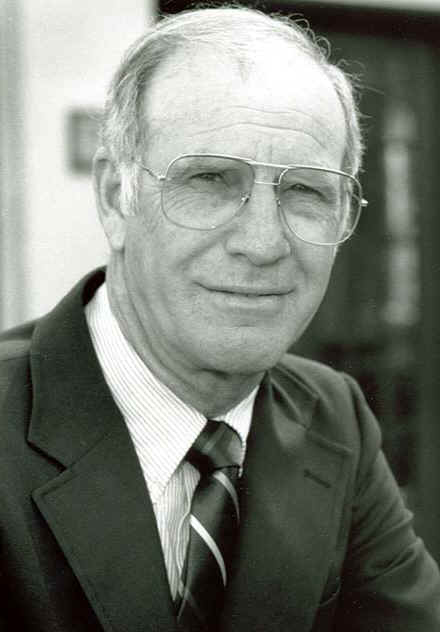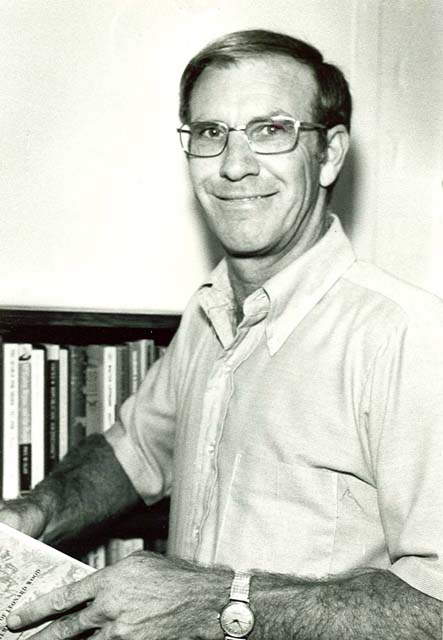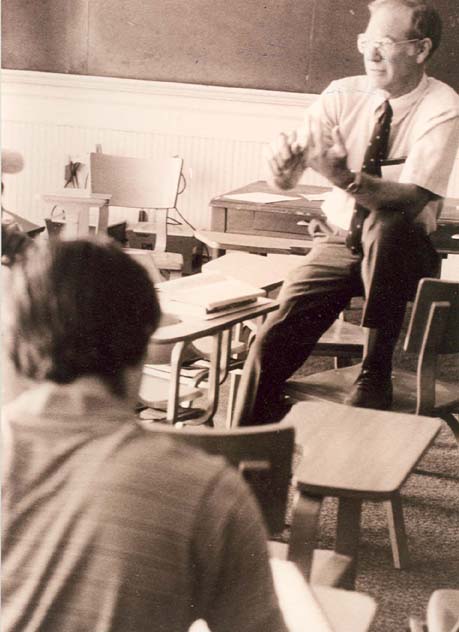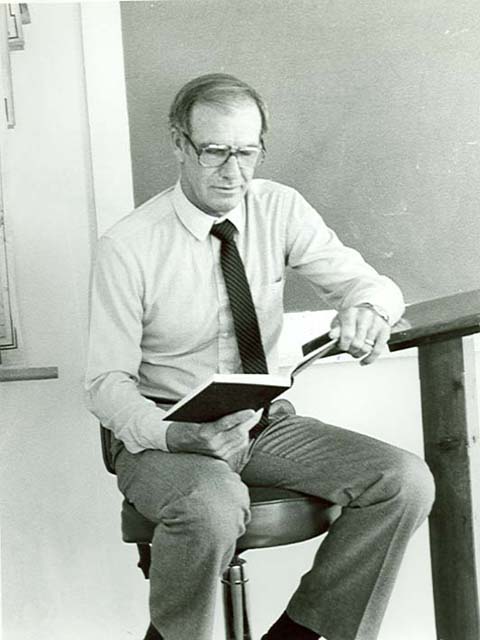|
|
|
||||
JACK C. LANE |
|||||
BIOGRAPHY |
Click on Photo for Audio and Text |
||||
|
Back Interviews Next |
Jack Constant Lane came to Rollins College in
1963 to teach history,
with a specialization in American History.
He is a notable author as well as an advocate of
experimental
education, helping to shape the curriculum at Rollins College. Lane was born on
April 19, 1932, in Austin Texas. He
was the first member of his family to complete college.
After serving three years during the Korean conflict,
Lane earned
a B.A. degree from Oglethorpe University, Atlanta, Georgia.
From there, he went on to Emory University as well as to
the
University of Georgia, where he received his M.A. and Ph.D.
respectively. He worked as
an instructor at Georgia State College as well as a teaching
assistant
at the University of Georgia. While at Rollins College, Lane acted as chairman for several groups including the Humanities Foundation Courses and the Social Science Division. In addition, he served as a member of the Faculty Administration Committee, the Admissions Committee and Honor Committee, and the Faculty Advisors Board. In 1980, the Board of Trustees appointed Lane as the College Historian and his work enabled him to complete a book and manuscript about the college. He was also recognized with several awards, including the Arthur Vining Davis Fellowship Award in 1972, the Alexander Weddell Professor of the America’s Chair in 1978, and the William Blackman Medal in 1997. Lane’s academic interests include: American History, Contemporary American Issues, the Great Depression and the New Deal, and American Military and Diplomatic History, just to name a few. He has published several books, including Rollins College: A Pictorial History, The Florida Reader: Visions of Paradise from 1530 to the Present, and Armed Progressive: A Study of the Military and Public Career of Leonard Wood. |
decide to come to Rollins College and what was your impression? |
|
||
|
|||||
|
|||||
|
appointed College Historian |
|||||
|
involvement in the Master Learners |
|||||






